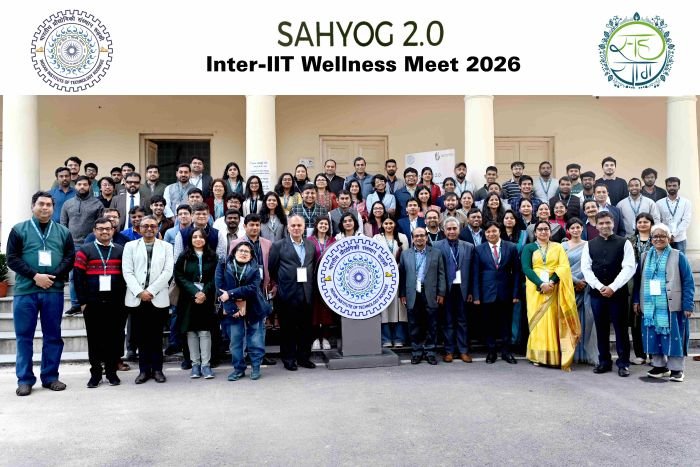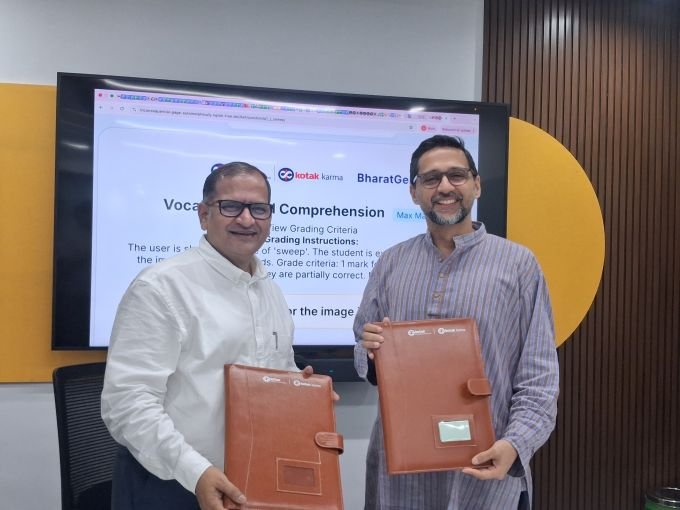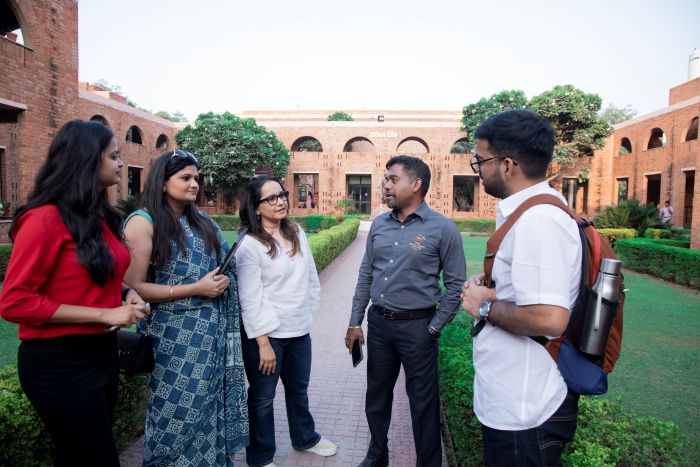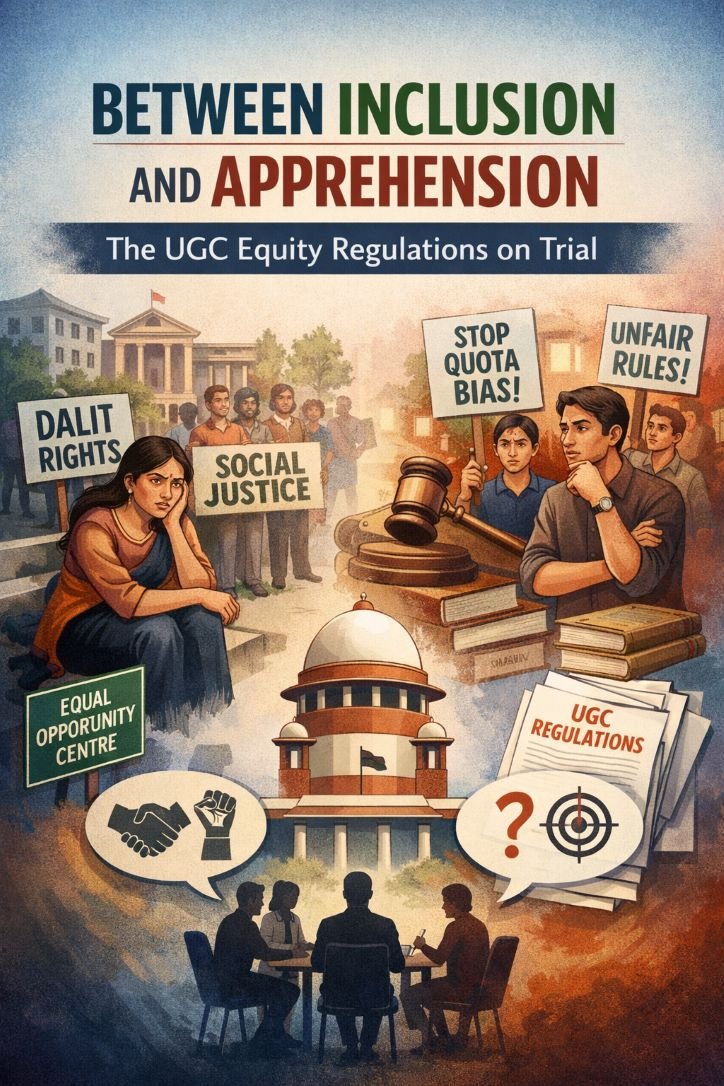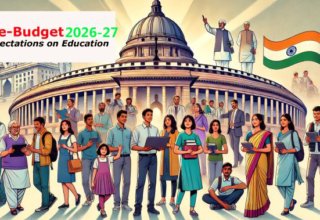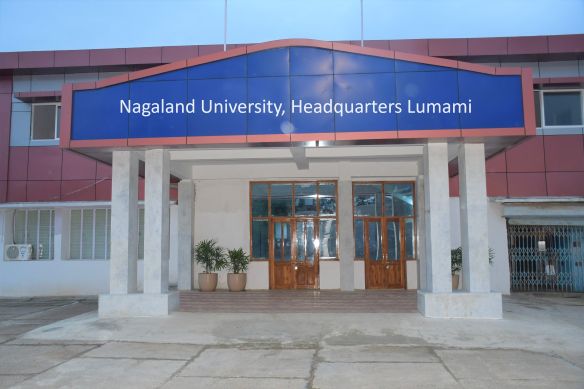
This novel ‘Flexible Learning System’, mooted for higher education institutions, is designed to provide flexibility for learning subjects where it delivers the content to achieve one-to-one learning
Nagaland University Researchers have proposed a ‘Flexible Learning System’ (FLS) designed to create personalized learning styles and content based on each student’s context, facilitating a one-to-one learning experience.
They have designed a framework to integrate ‘Multi-Access Edge Computing’ (MEC) to support real-time adaptive learning in Intelligent Tutoring Systems (ITS), which are computer-based educational systems that use AI to provide personalized, adaptive instruction.
This System, mooted for higher education institutions, will help the learner to pass the course with easy, moderate, or advanced content. It will also be helpful to guide the learners where they are not performing up to the mark. Multi-access Edge Computing (MEC) is an extension of cloud computing technology to provide an application deployment platform close to the end users.
This Flexible Learning System is designed to implement the advantages of such a new policy and to integrate the flexibility for learning subjects where it provides the content to achieve one-to-one learning.
In the Field Trials conducted by the Researchers at School of Engineering & Technology, Nagaland University, the FLS has demonstrated a remarkable reduction in task processing time by 94 per cent, enabling real-time responses that enhance flexible learning experiences. This research is more about showing the process of developing the FLS through complex algorithms. However, the researchers propose that this framework should be tested after it is successfully developed and the preliminary output can be relied on before testing it in an actual class.
The Research was led by Er. Ramesh Singh, Er. Chenlep Yakha Konyak, and Er. Akangjungshi Longkumer, Faculty, Department of Computer Science and Engineering, Nagaland University. The findings were published in the reputed, peer-reviewed International Journal of Information Technology (https://doi.org/10.1007/s41870-025-02460-w)
Welcoming this new centre for the university, Prof. Jagadish K. Patnaik, Vice Chancellor, Nagaland University, said, “This proposed system will help the learner to pass the course with easy, moderate or advanced content. It will also be helpful to guide the learners where they are not performing up to the mark.”
Prof. Jagadish K. Patnaik added, “In the future, the model will be Internet of Things (IoT) enabled to generate deeper insights into the learner’s learning needs. Immersive learning will be enabled by integrating augmented reality and virtual reality. The system will be enhanced for ultra-low power consumption. Accessible in a wide range of services to address education services for all.”
The Key Advantages of developing such FLS by Nagaland University Researchers include
- Providing real time feedback from learner to instructor.
- Providing flexibility to the learner, where they are assigned contents according to their level of knowledge.
- Facilitating one to one learning to allow learners to learn at their own pace.
Elaborating on this Research, Er. Chenlep Yakha Konyak, Assistant Professor, Department of Computer Science and Engineering, Nagaland University, said, “The research team identified a significant gap in Intelligent Tutoring Systems (ITS), particularly the lack of real-time adaptive learning features. This deficiency limits the ability of these systems to provide personalized learning experiences tailored to individual learners’ needs.”
Er. Ramesh Singh, Assistant Professor, Department of Computer Science and Engineering, Nagaland University, added, “Unlike existing ITS tools, our research emphasizes the use of Multi-access Edge Computing to optimize network bandwidth and processing tasks efficiently. The FLS not only categorizes learners and content automatically but also allows for enhanced interaction between learners and instructors.”
Further, Er. Akangjungshi Longkumer, Assistant Professor, Department of Computer Science and Engineering, Nagaland University, said, “The implementation of this solution has the potential to revolutionize educational practices by providing tailored learning experiences that can significantly improve student engagement and outcomes. By addressing the needs of larger institutions, the research could lead to widespread adoption of ITS, ultimately benefiting learners across various educational settings. Currently, the research is in the development phase, with ongoing efforts to refine the FLS and expand its capabilities. The way forward includes further testing and potential commercialization of the system to make it accessible to educational institutions nationwide”
TECHNICAL ASPECTS
In this research, a novel Flexible Learning System in the MEC environment is proposed where the personal context parameters of learners are used to generate learning styles and personalized content to achieve one-to-one learning. The MEC environment enables the FLS to perform task processing for content generation with fast response time and efficient network bandwidth usage. The proposed FLS has achieved the goals of generating learning styles and personalized content and improved task processing time by 94% when executed at the MEC layer.
Continuous learner improvement via a feedback loop for effective learning will be in-cooperated. Computing resources at the local network will be leveraged by utilizing edge computing in regions with limited infrastructure. The FLS will address the challenges of the learning experience with more personalized, efficient, and accessible in real-time.


